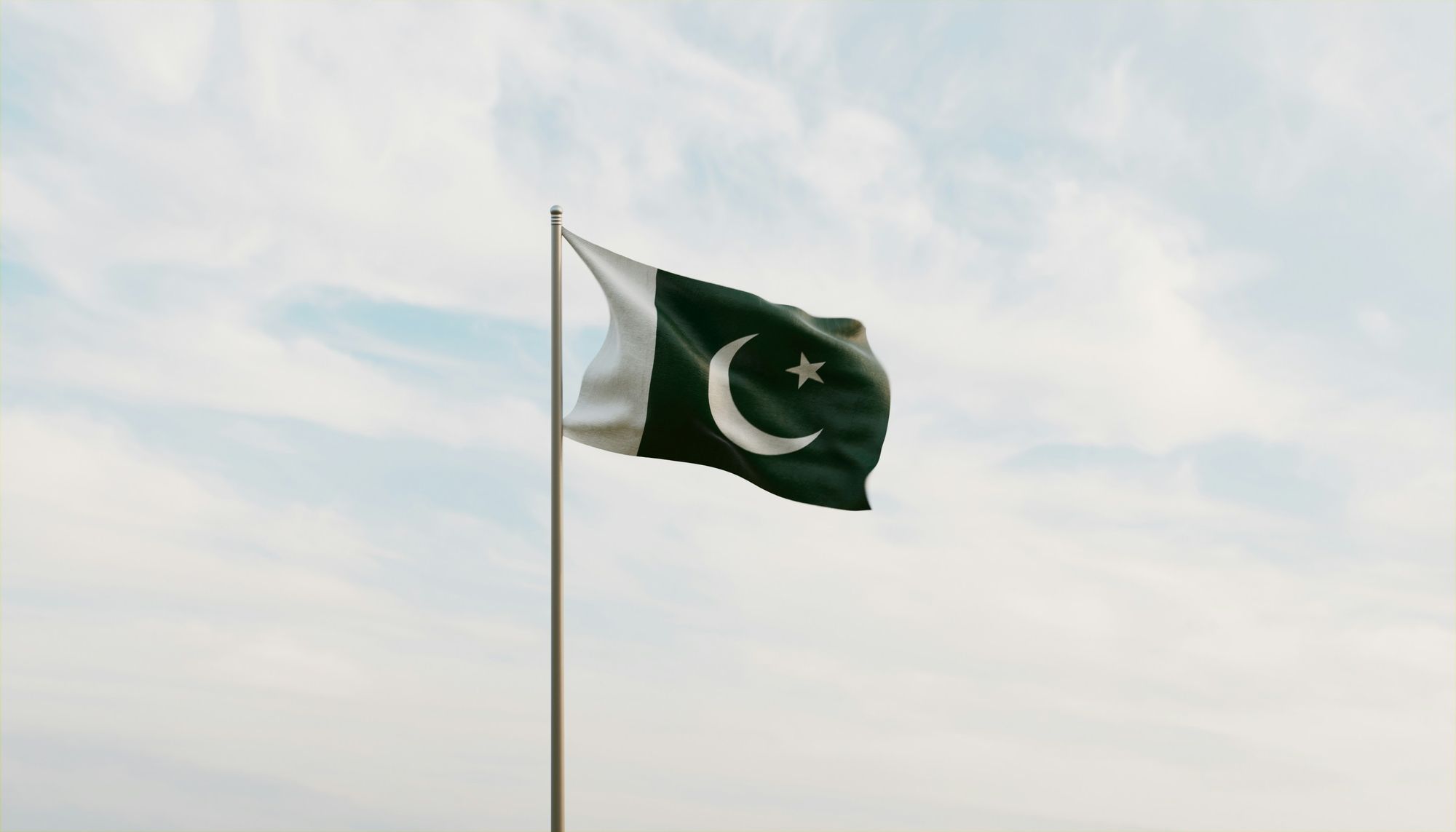Guide to Repatriating Remains from Canada to Pakistan

When a Pakistani national or person of Pakistani descent passes away in Canada, the process of returning them to Pakistan for their final rest can be both emotionally challenging and logistically complex.
This guide aims to provide a compassionate and thorough approach to repatriating remains from Canada to Pakistan, ensuring a respectful and dignified journey for your loved one.
Initial Steps and Notification
In the immediate aftermath of loss, it's crucial to act with both urgency and care. Begin by notifying local Canadian authorities of the death. Then, promptly contact the nearest Pakistani High Commission or Consulate in Canada. They can offer vital guidance on the repatriation process and may assist with navigating some of the bureaucratic procedures you'll encounter.
Next, inform family members in Pakistan. While this conversation will be difficult, it's essential for coordinating funeral arrangements and understanding any specific wishes for the final rites. Simultaneously, start researching funeral homes or repatriation services with experience in international transfers, particularly to Pakistan. Their expertise will be invaluable in navigating the complexities ahead.
Legal Requirements and Documentation
Repatriating remains from Canada to Pakistan requires meticulous documentation. You'll need to obtain a Canadian death certificate, which is fundamental for all subsequent steps. Additionally, secure a burial transit permit from the relevant provincial or territorial authority in Canada. Some provinces may have additional specific requirements, so be sure to check with local authorities or your chosen repatriation service.
For entry into Pakistan, you'll need to prepare a comprehensive set of documents. This typically includes:
- The original Canadian death certificate with a certified Urdu translation
- An embalming certificate
- The burial transit permit
- A detailed letter from the funeral director explaining how the remains have been handled
- A copy of the deceased's passport or proof of Pakistani citizenship
- A No Objection Certificate (NOC) from the Pakistani High Commission or Consulate
It's advisable to have all these documents translated into Urdu to ensure smooth processing by Pakistani authorities.
Preparing for the Journey
Proper preparation of the deceased for international transport is crucial and must align with both Canadian regulations and Pakistani customs. Embalming is typically required for long-distance transportation. The body must be placed in a hermetically sealed coffin that meets international standards for the transportation of human remains. This not only fulfills legal requirements but also ensures the dignified preservation of your loved one during the journey.
For transportation, air freight is the primary option for repatriating remains from Canada to Pakistan. Choose airlines that have experience in transporting human remains, as they'll be familiar with the sensitive nature of the cargo and the specific requirements involved. Be prepared for the possibility of layovers or transfers, which may extend the journey time.
Navigating Costs and Timelines
The cost of repatriating remains to Pakistan can be substantial. Expenses typically include fees for the Canadian funeral home services, embalming, documentation and permits, air transportation, and receiving services by a funeral home in Pakistan. It's advisable to get a clear breakdown of costs from your repatriation service provider to avoid any unexpected expenses.
The timeline for repatriation can vary, usually taking between 7 to 14 days. This duration depends on several factors, including the time needed to obtain all necessary documentation, flight availability, and customs clearance processes in both countries. Patience is key during this period, as rushing can lead to mistakes or oversights that could cause delays.
Cultural and Religious Considerations
Islamic funeral customs and rituals are of paramount importance when repatriating remains to Pakistan. It's crucial to communicate these specific requirements to your repatriation service provider. This may include:
- Ensuring the body is prepared according to Islamic guidelines
- Arranging for the body to face Mecca during transport
- Expediting the process as much as possible, as Islamic tradition calls for prompt burial
Your service provider should be familiar with these requirements and work to accommodate them within the constraints of international transportation regulations.
Emotional Support and Practical Assistance
During this challenging time, don't hesitate to seek emotional support. Grief counselors or support groups can provide valuable assistance in coping with your loss. Lean on your community, family, and friends for both emotional and practical help.
Our partner specializes in international repatriation and can provide expert guidance and support throughout this challenging process. Their experience with Canada-Pakistan transfers can offer peace of mind, ensuring all legal and logistical requirements are met with compassion and efficiency. They can assist with everything from paperwork and translations to coordinating with authorities in both countries and arranging appropriate transportation.
Repatriating a loved one from Canada to Pakistan is a complex process that requires careful planning, attention to detail, and cultural sensitivity. While it may seem overwhelming, remember that you don't have to navigate this journey alone. By entrusting this difficult task to knowledgeable professionals, you can focus on honoring your loved one's memory and supporting grieving family members.
Our partner's expertise in navigating the intricacies of international repatriation, especially to a country with specific religious and cultural funeral traditions like Pakistan, can provide comfort during this challenging time. They ensure your loved one's final journey is handled with the utmost care and respect, bridging the distance between Canada and Pakistan with compassion and cultural understanding.
Remember, while this guide provides a comprehensive overview, each repatriation case is unique. Always consult with experienced professionals to address the specific needs and circumstances in your situation. With the right support and guidance, you can ensure that your loved one's final journey is a dignified and respectful one, allowing them to return home for their final rites and eternal rest in their native land.




